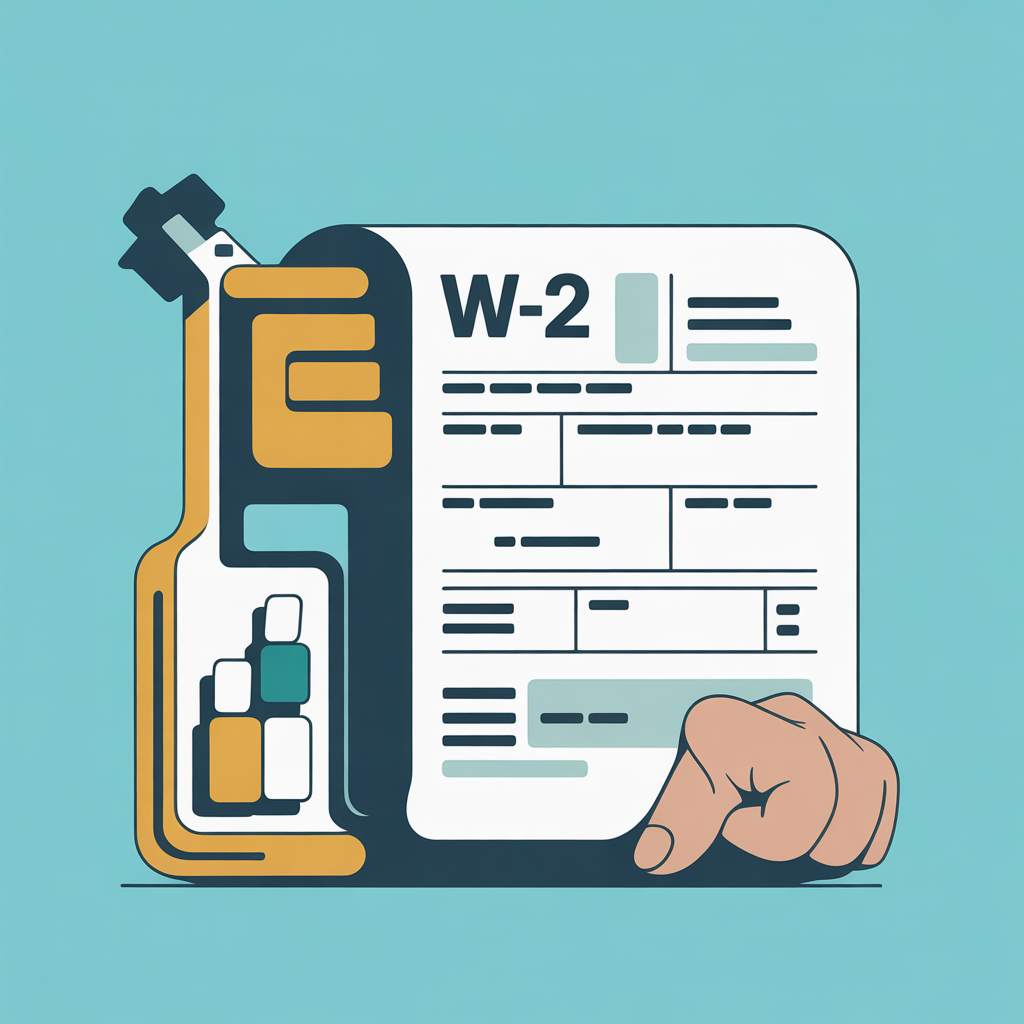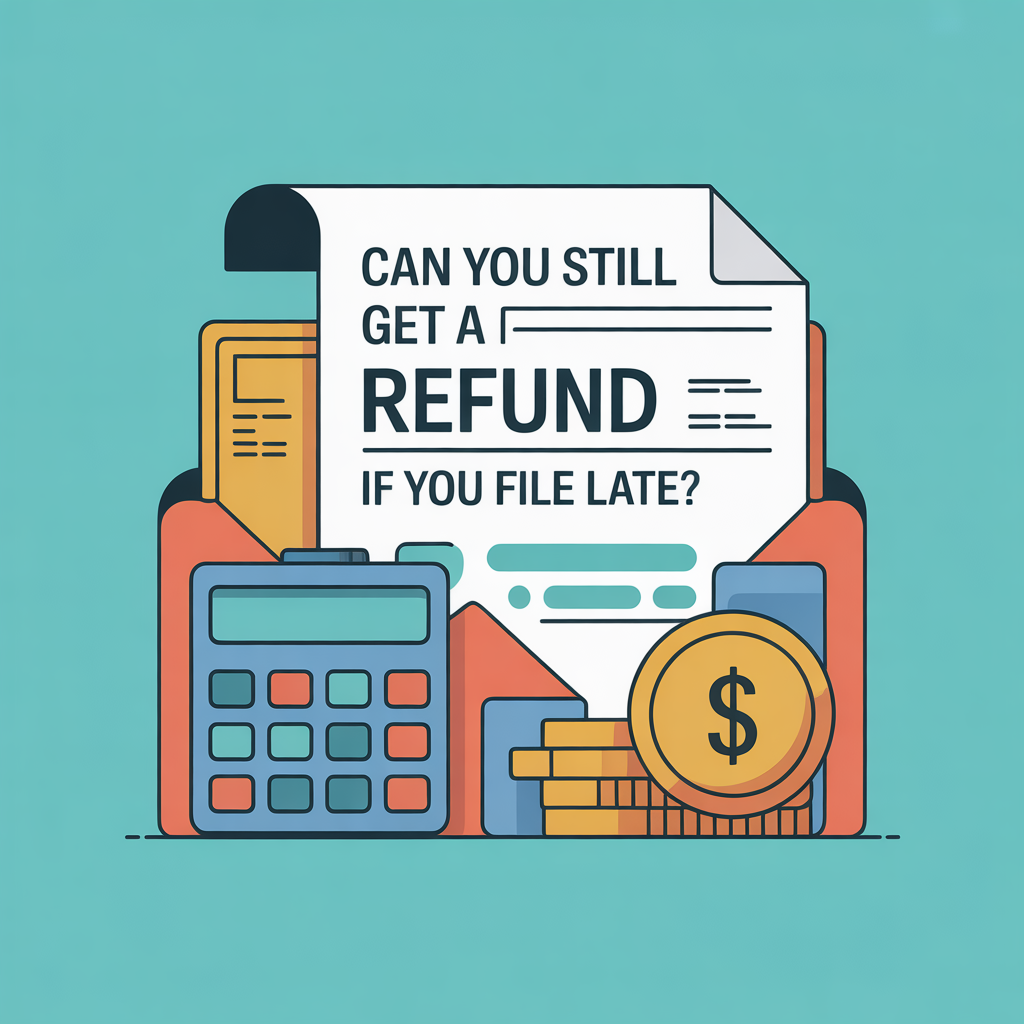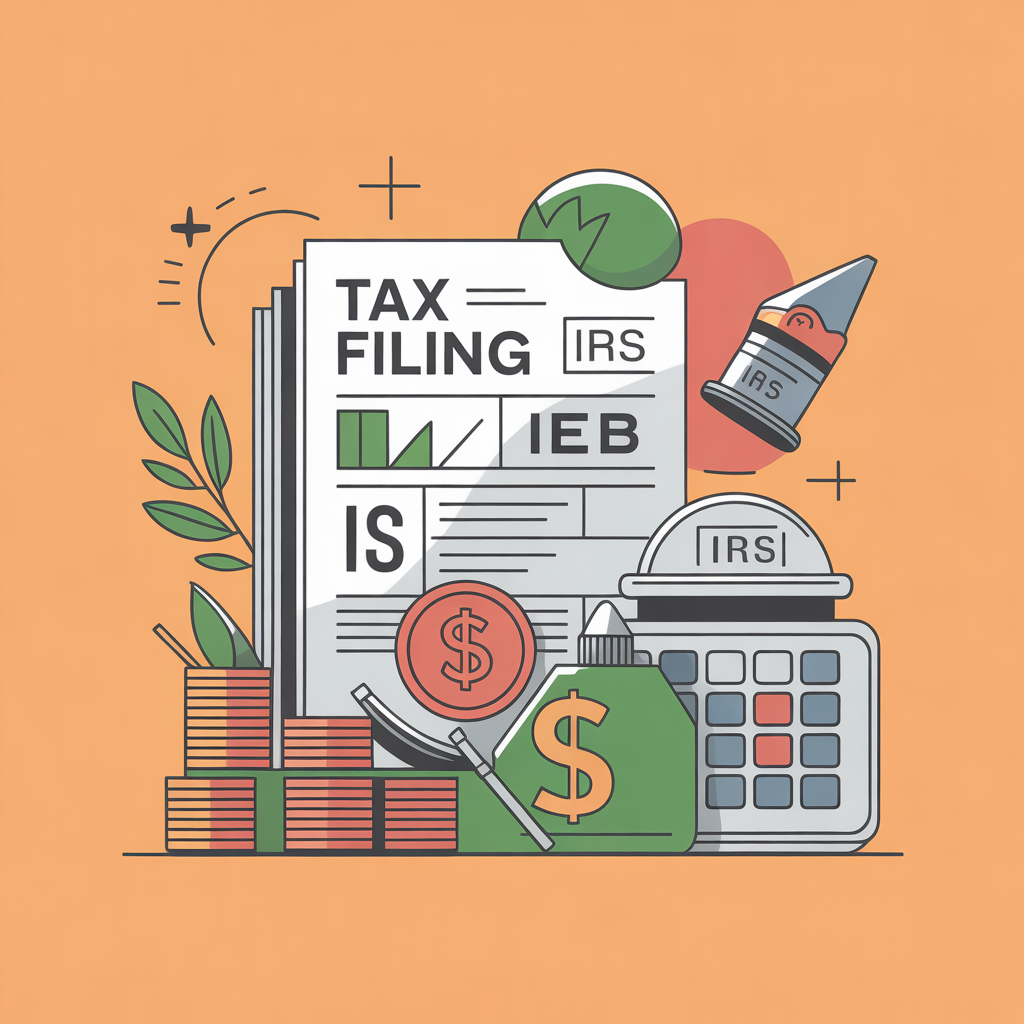In recent years, digital tax filing has revolutionized the way Americans interact with the IRS. With platforms like TurboTax, H&R Block, and the IRS’s own Direct File system, millions of taxpayers have filed returns quickly, securely, and often for free. But now, with the Senate’s passage of the “One Big Beautiful Bill”, the future of digital filing—especially free, government-run options—is facing a serious threat.
The Rise of Tax Tech
Tax technology has grown rapidly in the last decade. Tools like:
- E-filing portals
- AI-powered deduction finders
- Real-time audit risk estimators
- Automated refund tracking
have made tax season easier than ever. The IRS’s Direct File pilot program, launched in 2024, allowed eligible taxpayers in 12 states to file directly through the IRS website—without paying a third party. According to the IRS, over 140,000 people used the system in its first season, with a 90% satisfaction rate.
What’s Changing?
The recently approved Senate bill includes a clause that would eliminate Direct File within 30 days of becoming law—unless a public-private alternative is created. Critics argue this move is designed to benefit private tax software companies who fear the IRS’s free tool would hurt their business model.
If passed by the House and signed into law, the IRS will be prohibited from offering free filing services, putting the burden back on users to:
- Pay for commercial software
- Navigate complex free versions with upsells
- Or hire professionals for simple returns
Why This Matters
While many middle- and upper-income earners use paid tools anyway, this change hits lower-income taxpayers hardest. According to the IRS, 70% of Americans qualify for Free File, but less than 3% use it—often because commercial “free” tools redirect users to paid versions.
Removing Direct File could:
- Cost taxpayers an additional $290+ million in annual fees
- Increase reliance on private software with limited transparency
- Reinforce digital inequality for low-income families
Trust and Transparency
Another reason Direct File gained traction: trust in the source. Government-backed software meant no hidden fees, upselling, or data selling—unlike some commercial platforms that have faced lawsuits for misleading users.
Losing this neutral, public option may not only increase costs but also decrease trust in the tax filing process itself.
Industry Pushback vs. Public Demand
Private tax prep companies have lobbied against IRS Direct File for years. But public support is growing. According to a 2025 Pew survey:
- 72% of Americans support a free IRS-run filing option
- 61% said they felt “frustrated” by commercial software upsells
So why the disconnect between public interest and legislative action?
Lobbying and profit motives appear to be at play. In 2023 alone, tax prep companies spent over $35 million lobbying Congress.
Contact us: +1 (972)-996-6644
Email us : info@theriwa.com Visit our website : https://theriwa.com/






